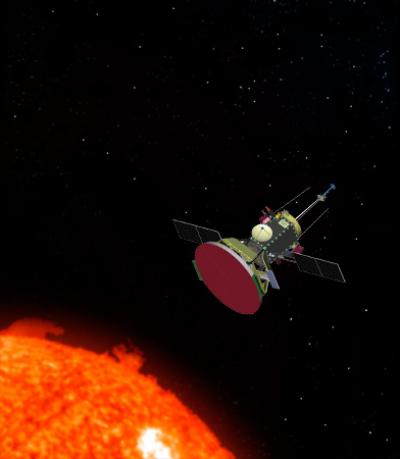Astronomy is a complex field that has slowly evolved to encompass several disciplines. An astronomer can not solely be a science person, they have to be techno-savvy, well written, and able to communicate well verbally. An astronomer has to be able to compel with empirical data and convincing verbage.
Here are a few facts about astronomy followed by a long list of links to as much information as you can handle on the topic.
Ancient astronomy was more of a branch of philosophy than real science. Astronomers had no way to directly observe any celestial bodies in detail, so had to make best guesses and then convince everyone else that they were right.
Before Copernicus came on the scene, astronomers believed that the Earth was the center of the Universe, the Sun and the ‘four’ planets orbited around it in a series of complex movements.
Did you know that despite the advent of space telescopes and launching many space probes, we have only observed a minor fraction of the known Universe? That doesn’t even take into account the Universe that we have no knowledge of at this time.
In the links below you will find a great deal of information about astronomy: some of the terminology used, images, and different discoveries made in the field. Hopefully, what you read will inspire you to delve even more deeply into the vastness of space.
- Plane of the Ecliptic
- Cherenkov Radiation
- Armillary Sphere
- Absolute Magnitude
- Ecliptic
- Astrolabe
- Greenwich Mean Time
- Infrared Spectroscopy
- Orrery
- Apparent Magnitude
- Retrograde
- Asterisms
- Stellar Parallax
- Celestial Body
- Conjunction
- Nucleosynthesis
- Cosmological Constant
- Roche Limit
- Ephemerides
- Eccentricity
- Lagrange Points
- Dark Matter
- Accretion
- Transit
- Hubble Constant
- Ptolemy Astronomy
- Right Ascension
- Chromatic Aberration

